Asceticism and Anthropology in Irenaeus and Clement
Asceticism and Anthropology in Irenaeus and Clement examines the ways in which Irenaeus and Clement understood what it means to be human. By exploring these writings from within their own theological perspectives, John Behr also offers a theological critique of the prevailing approach to the asceticism of Late Antiquity. Writing before monasticism became the dominant paradigm of Christian asceticism, Irenaeus and Clement afford fascinating glimpses of alternative approaches. For Irenaeus, asceticism is the expression of man living the life of God in all dimensions of the body, that which is most characteristically human and in the image of God. Human existence as a physical being includes sexuality as a permanent part of the framework within which males and females grow towards God. In contrast, Clement depicts asceticism as man's attempt at a godlike life to protect the rational element, that which is distinctively human and in the image of God, from any possible...
Other books from Patristica - Studies series
- 55 LEI
- 45 LEI
- 71 LEI
- 49 LEI
- 29 LEI
- 39 LEI
Customers Also Bought
- 41 LEI
- 63 LEI


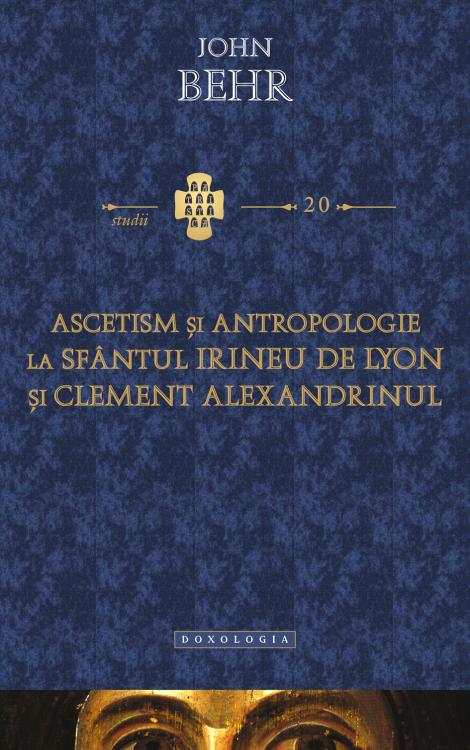

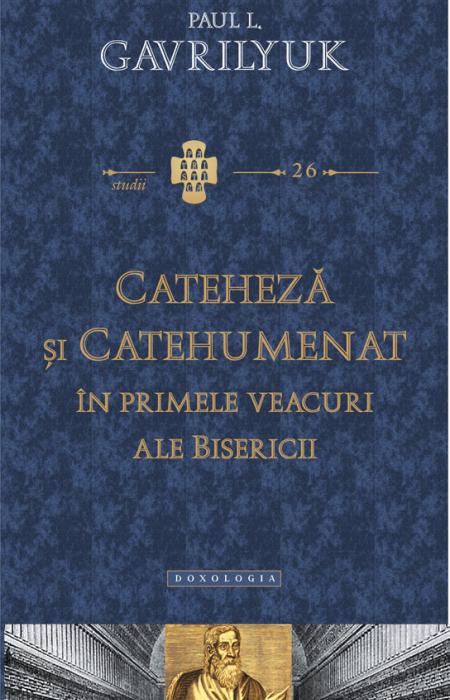
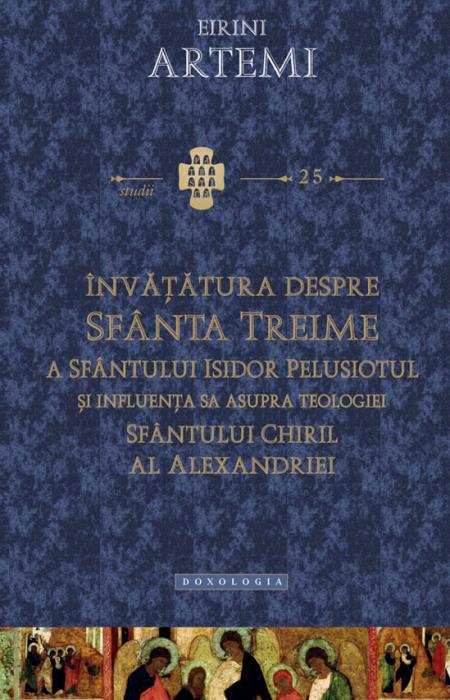

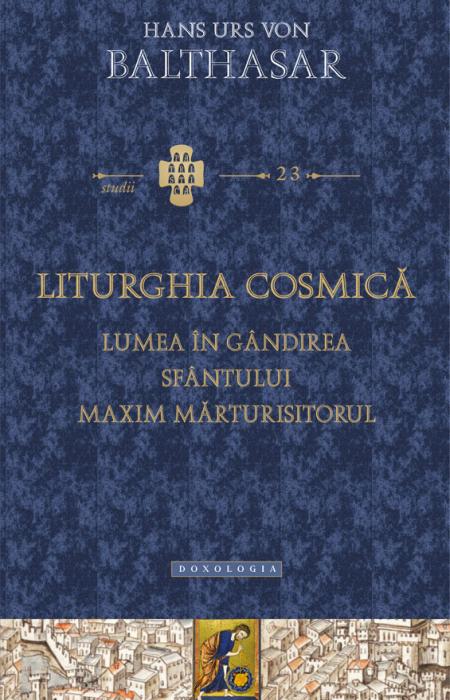
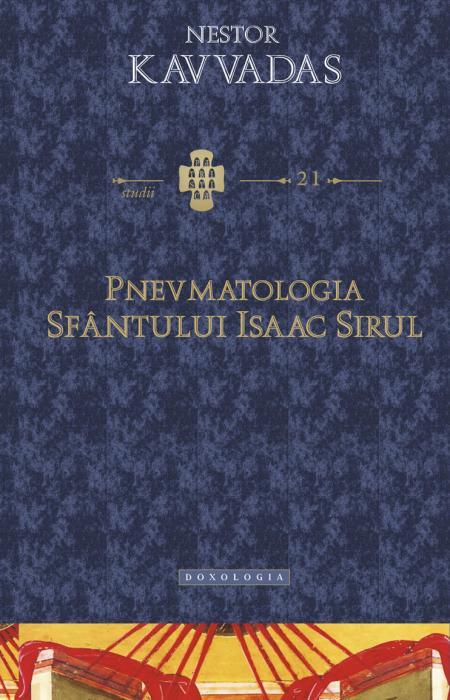
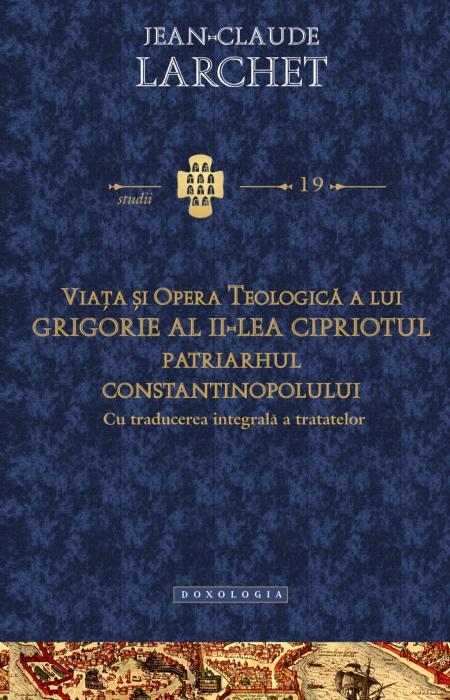
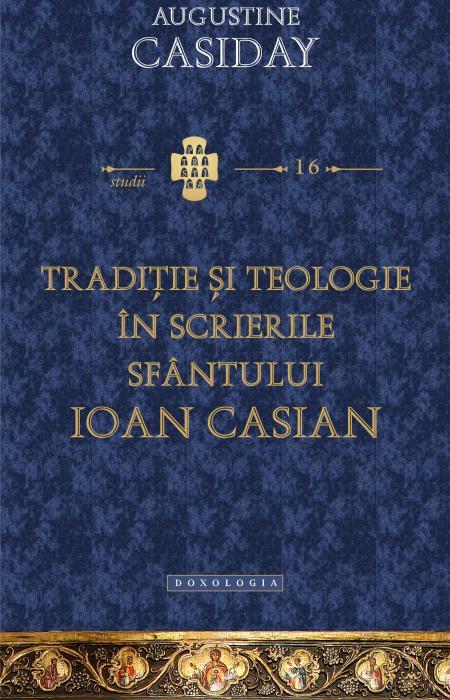

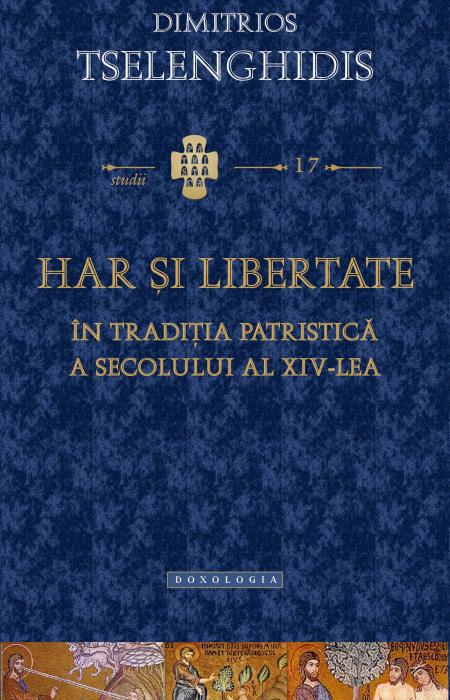
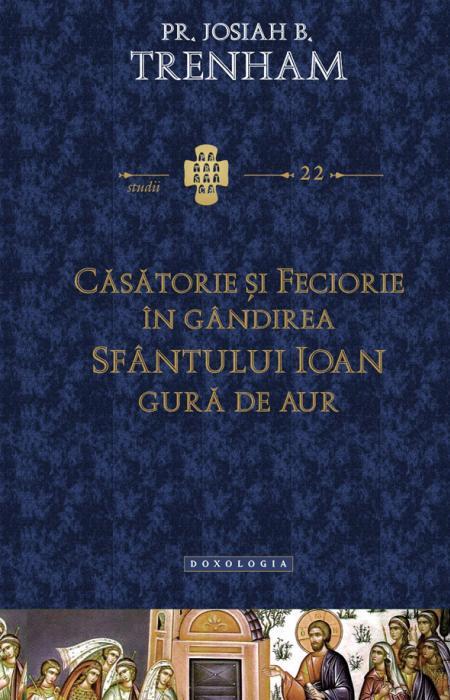

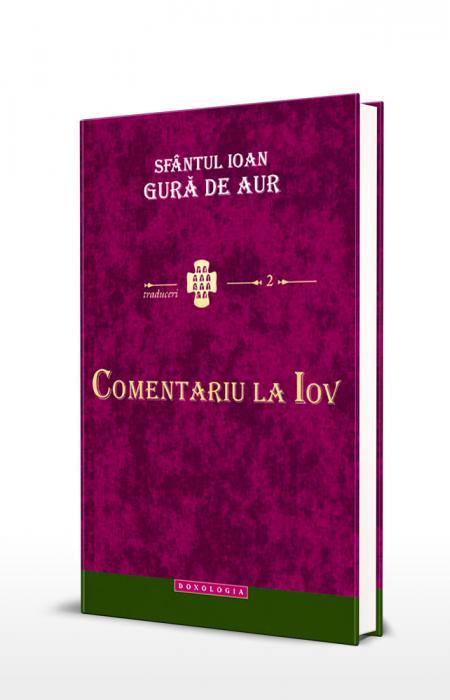
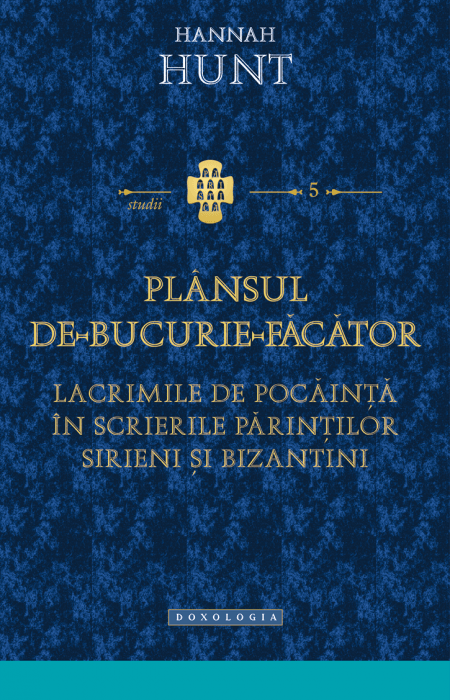
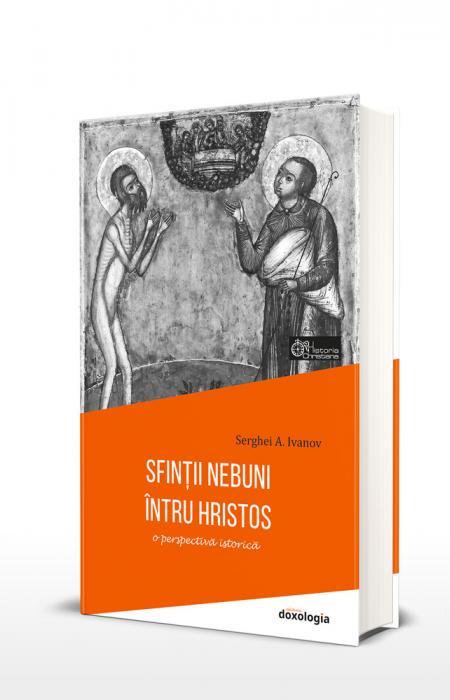

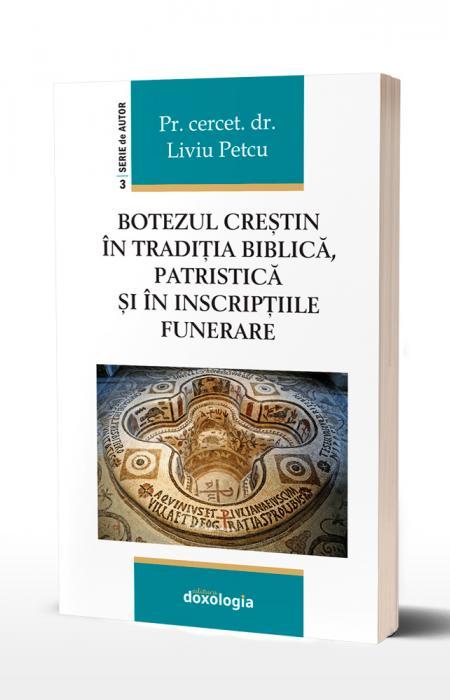
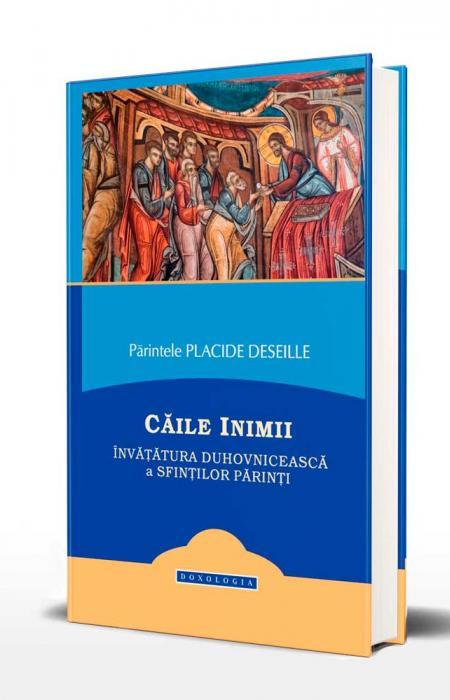

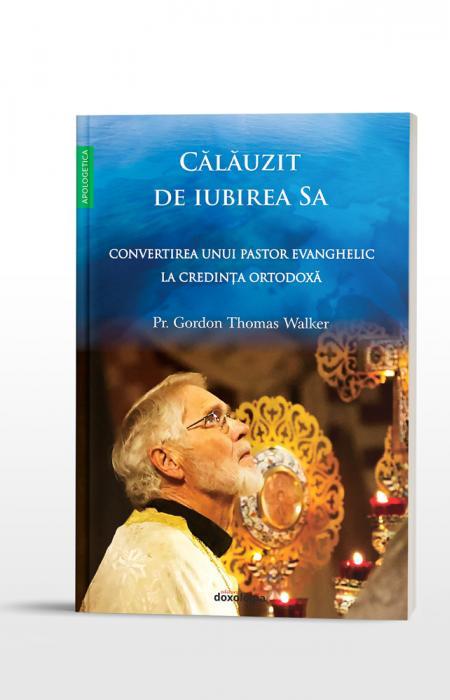
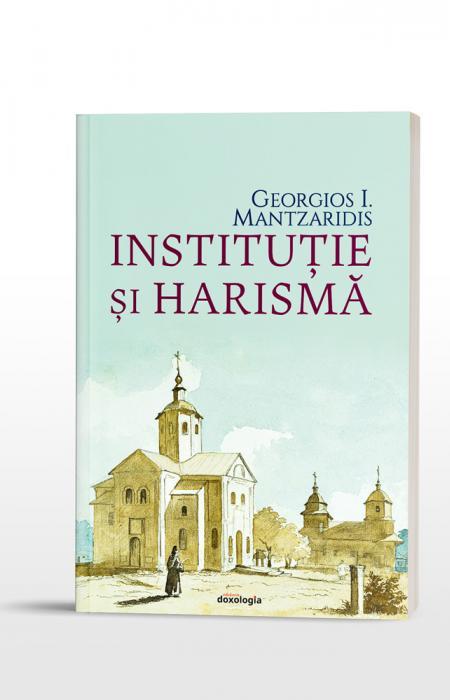
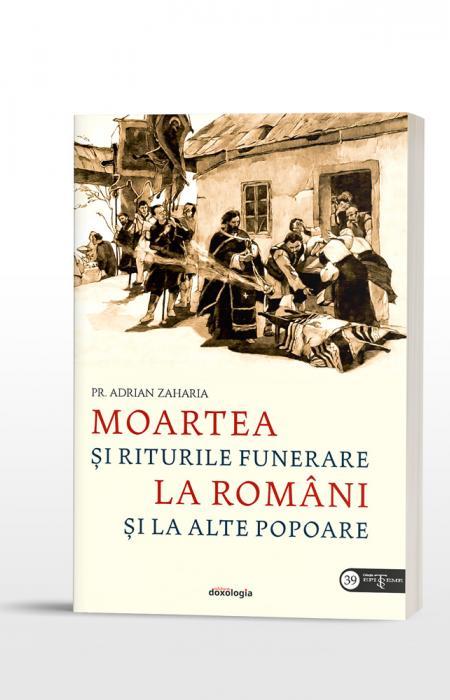
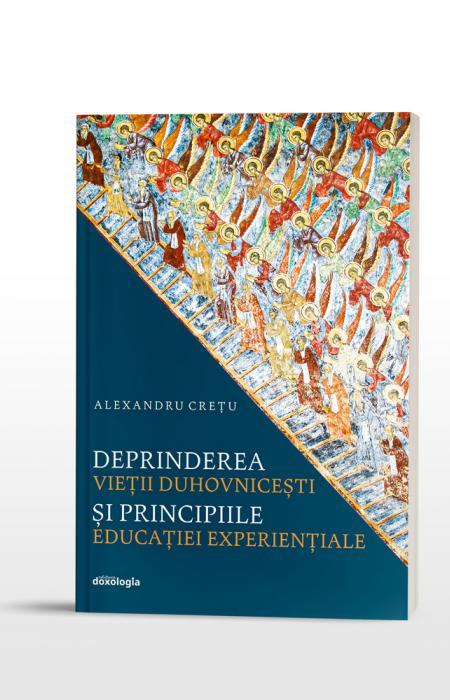

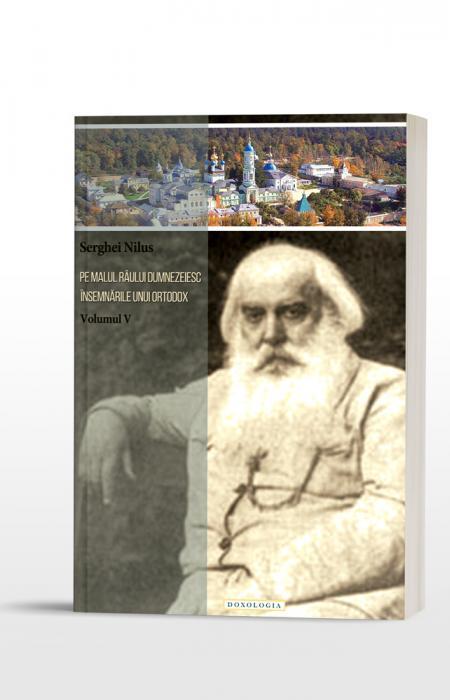


Add new comment